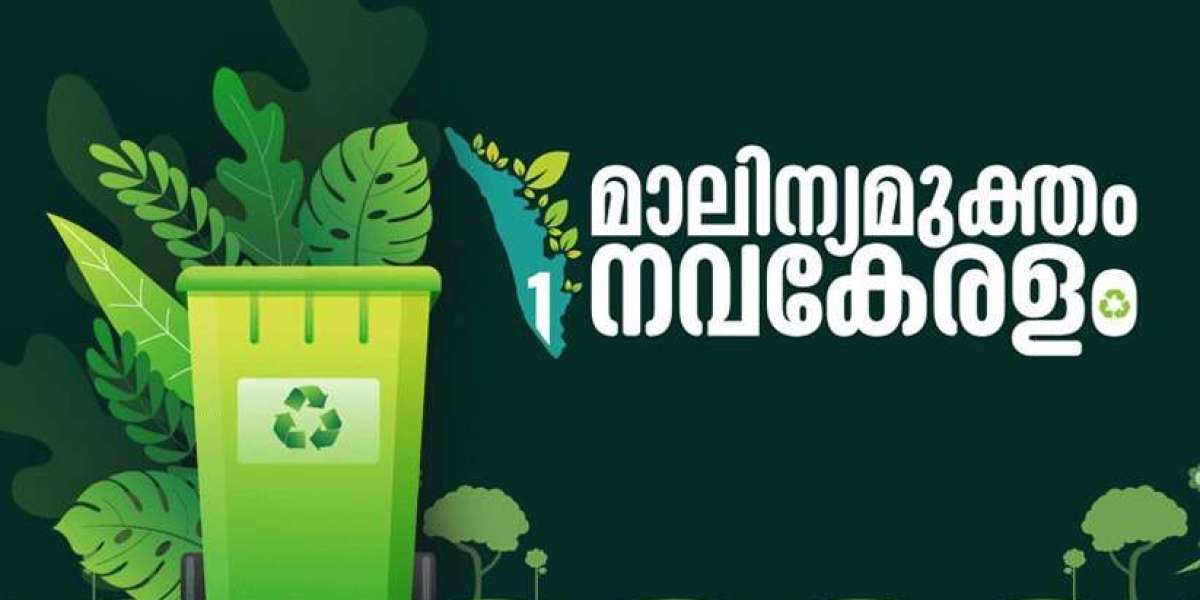In urban Kerala, solid waste management has long been a complex challenge involving multiple stakeholders, from households and public institutions to the workforce on the ground. The Haritha Karma Sena (HKS), Kerala’s decentralized waste collection workforce, plays a pivotal role in this ecosystem. However, the effectiveness of their operations in Municipal Corporations often hinges on seamless coordination between residents, elected representatives, local institutions, and supervising officials. This is where the weone platform makes a game-changing impact.
WeOne is a unified digital platform initiated under the Local Self Government Department (LSGD) to enhance communication, participation, and service coordination at the ward level. By bringing together ward residents, the ward councilor, public and private institutions, and key administrative executives, including the Corporation Secretary, Medical Officer, Health Inspector onto one transparent platform, weone empowers every stakeholder involved in the functioning of Haritha Karma Sena.
Real-Time Communication for Seamless Waste Collection
In urban areas, one of the key challenges faced by HKS members is unnotified changes in daily waste collection routes or unavailability of residents during pick-up. Through weone, residents can receive real-time notifications about collection schedules, temporary delays, or changes in segregation norms directly from the Health Inspector or the HKS team. They can also raise concerns or complaints—such as missed collection or improper segregation—through the platform, ensuring that corrective action is promptly taken.
Accountability and Oversight Made Transparent
The Health Inspector, who supervises the HKS at the ward level, can log into the WeOne dashboard to monitor daily attendance, track coverage areas, and receive updates from HKS team leaders. This eliminates dependency on manual logs and ensures greater transparency. The Medical Officer and Corporation Secretary, in turn, can oversee multiple wards and measure performance indicators such as segregation efficiency, public participation, and cleanliness scores with the help of data analytics integrated into weone.
Institutions as Partners in Waste Management
Urban institutions—like schools, hospitals, shops, and apartment complexes—generate a large share of non-household waste. Through weone, these entities can be formally onboarded as 'responsible waste generators'. They can schedule pick-ups, report collection issues, and download compliance certificates—simplifying the enforcement of plastic bans, bio-waste protocols, and dry waste segregation norms under LSGD guidelines.
Councilor as a Community Anchor
The ward councilor plays a key role in sustaining public cooperation. weone provides them with a live overview of ward-level sanitation metrics, public grievances, and HKS performance. This enables data-driven dialogue in ward meetings and helps the councilor escalate systemic issues to the Corporation level more effectively.
A Smarter, Cleaner Urban Kerala
By integrating communication, accountability, and data insights, weone turns waste management from a linear collection-disposal process into a participatory, responsive, and efficient civic function. For the Haritha Karma Sena, it ensures that their work is seen, valued, and optimized. For residents and institutions, it offers clarity and ease. For officials, it delivers measurable outcomes.
In essence, weone doesn’t just digitize the system, it humanizes it, making urban Kerala cleaner through collaboration, transparency, and mutual respect.








